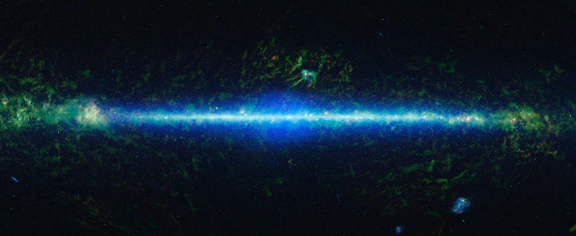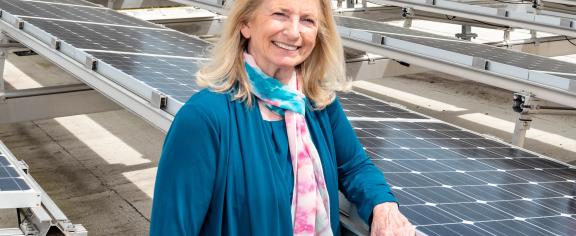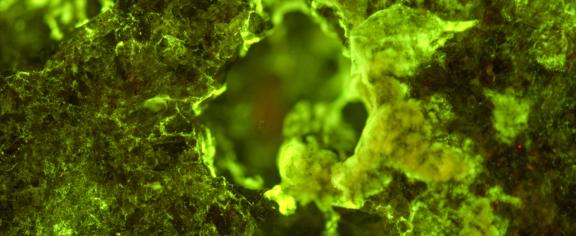2024-12-11
Led by School of Earth and Atmospheric Sciences Professor Greg Huey, the NSF RAPID grant is for analyzing air chemistry data collected during a three-week span when a chemical plume impacted the Atlanta area.
2024-12-03
The NASA project NEOWISE, which has given astronomers a detailed view of near-Earth objects – some of which could strike the Earth – ended its mission and burned on reentering the atmosphere after over a decade.
2024-12-16
Flying through Earth’s orbit are thousands of satellites and two operational space stations, including the International Space Station, which weighs as much as 77 elephants.
2024-11-20
Georgia Tech experts study the history of SBTi pledges to understand these commitments and what can undermine them. They believe there is more to the story of these pullbacks than meets the eye.
2024-08-15
New research suggests U.S. states with clean energy policies provide benefits to their neighbors, including states without their own renewable energy policies.
2024-08-01
The UrbanAg project goes global as a group of seven members travels to Singapore.
2024-07-09
Up to 80% of infections in human bodies can be attributed to the bacteria growing in biofilms, and understanding how biofilms grow could lead to critical insights on controlling them.
2024-07-11
A new data visualization tool designed by a Georgia Tech Ph.D. student is helping a team of microbial ecologists, geobiologists, and oceanographers gain more insight into how deep-sea microorganisms interact within their environment.
2024-06-11
Georgia Tech researchers are developing sustainable ocean shipping solutions to meet global emissions targets through eco-friendly fuels, optimized supply chains, and life-cycle assessments.
2024-06-11
Georgia Tech researchers are developing sustainable ocean shipping solutions to meet global emissions targets through eco-friendly fuels, optimized supply chains, and life-cycle assessments.








